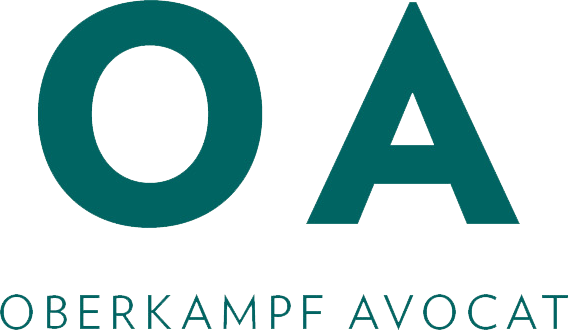Key highlights from February 2025 in the sustainability space.
1- EU Commission adopts “Omnibus” package
On February 26, the European Commission adopted the Omnibus package, a set of proposals aimed at simplifying EU rules on sustainability reporting, due diligence, the EU Taxonomy, the Carbon Border Adjustment Mechanism and European investment programs. The package is now under review by the Council of the European Union and the European Parliament, with adoption expected later this year.
Among the most significant changes, the proposal would shrink the scope of the Corporate Sustainability Reporting Directive (CSRD) by limiting its application to companies with more than 1,000 employees and €50 million turnover, effectively removing many businesses from its reach. Additionally, reporting requirements would be pushed back by two years for companies set to begin reporting in 2026 or 2027. The proposal also weakens supply chain transparency, as companies would no longer be required to collect sustainability data from their entire supply chain. Similarly, under the Corporate Sustainability Due Diligence Directive (CS3D), due diligence requirements would be limited to direct suppliers only, and companies would not face civil liability for non-compliance.
While the EU positions these changes as a necessary simplification, there is growing concern that weakened reporting and due diligence obligations will limit investors’ access to useful and reliable sustainability data and create legal uncertainty for companies navigating ESG regulations.
2- France bans “forever chemicals” in textiles and cosmetics
On February 27, the French Parliament passed legislation banning the production, import, export, and sale of certain products containing per- and polyfluoroalkyl substances (PFAS), commonly known as "forever chemicals." Effective January 1, 2026, the ban will apply to cosmetics, ski waxes, and a range of consumer textiles, including clothing, footwear, and waterproofing agents for these products. However, exceptions will be made for protective and safety gear designed for national defense and civil security, with a detailed list to be established by decree.
The final version of the law is more limited in scope than earlier drafts, excluding food packaging and kitchen utensils from the initial restrictions. Still, it represents a major regulatory step in addressing PFAS pollution, given the chemicals' persistence in the environment and potential health risks. By enacting this legislation, France becomes only the second country after Denmark to implement such a ban, reinforcing its position as a leader in chemical safety regulations.
3- Île-de-France Mobilités issues first public sector EU Green Bond
On February 3, Île-de-France Mobilités became the first public sector issuer of a European Green Bond under the EU Green Bond Standard. The €1 billion bond, now listed on Euronext Paris, will finance sustainable transport projects aimed at making the region’s public transport system fully carbon-free by 2030.
Under the EuGB Regulation, proceeds must be allocated to economic activities aligned with the EU Taxonomy, with up to 15% permitted for sectors still awaiting established taxonomy criteria.
Île-de-France Mobilités’ issuance signals growing early adoption of the EU Green Bond label, a positive indicator for the development of the EU sustainable finance market. As more public and private sector issuers turn to this standard, its impact on funding the green transition across Europe will be closely watched.
4- UK pension fund reallocates £28 billion citing sustainability concerns
On February 27, the People’s Pension (TPP), one of the UK’s top pension funds, pulled £28bn from US asset manager State Street following its decision to scale back ESG investment strategies. TPP reallocated the funds to asset managers Amundi and Invesco, stating that the companies would run the funds focusing on responsible investment.
This exemplifies how European asset owners are pushing back against the ongoing American retreat from ESG. By reallocating the funds, TPP demonstrated the value they place on prioritising sustainability in conjunction with financial growth, and restated the potential for long-term growth offered by responsible investment strategies. TPP’s reallocation also signals continued demand for asset managers that integrate sustainability into their investment approach.
5- US Department of Justice pauses enforcement of the Foreign Corrupt Practices Act
Following a February 10 order from President Trump, the US Department of Justice has “paused” the enforcement of the 1977 Foreign Corrupt Practices Act (“FCPA”) a cornerstone of anti-corruption enforcement. A key tool the Department of Justice uses to prevent individual and corporate misconduct in international operations, the FCPA as applied, has been accused of being excessive, unpredictable and anti-competitive.
While the decision raises concerns, its practical impact remains uncertain. Many companies already view bribery as an unproductive cost and have integrated anti-corruption safeguards into their governance frameworks. Compliance programs, shareholder expectations, and international regulations may still deter corrupt practices even without DOJ enforcement.
The move, however, signals a shift in U.S. regulatory priorities and could weaken global anti-corruption efforts. Whether this policy change alters corporate behavior or triggers broader legal and diplomatic consequences will be closely watched.
- Content prepared with the help of Defne Fresko Tasci.
